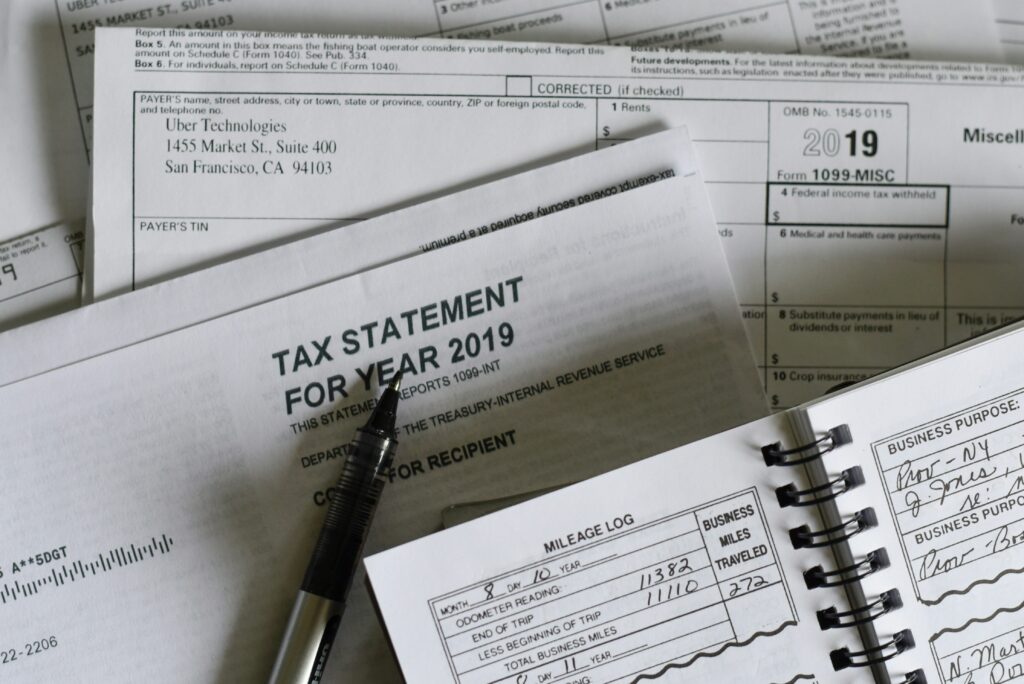Romania has become a popular choice in recent years for expats looking for fresh prospects and a good standard of living. However, understanding a foreign country’s tax system can be challenging. The goal of this essay is to give expats a thorough explanation of Romania’s tax system. We will examine the critical elements that expats must be aware of to maintain compliance and optimize their financial planning while living and working in Romania, from tax residency and rates to deductions and benefits.

Understanding tax residency
Identifying an expat’s tax residency status in Romania is the first stage in the taxation process. A person is often regarded as a tax resident if they stay in the country for more than 183 days in 12 months or if Romania is where their center of essential interests is. Only the income with a Romanian source is taxed for non-residents.
Personal Income Tax
Individuals in Romania are subject to a progressive system of personal income taxation, which bases taxes on an individual’s income. The levy rates change regularly and depend on the amount of income.
Tax rates and brackets
Romania will have a progressive levy system with five income tax categories as of 2023. The current levy rates are as follows:
- For income up to 27,000 Romanian Lei (RON), the duty rate is 10%.
- Earnings between RON 27,001 and RON 129,000 are subject to a 20% levy rate.
- Income ranging from RON 129,001 to RON 1,000,000 is taxed at a rate of 25%.
- For earnings between RON 1,000,001 and RON 5,000,000, the levy rate is 30%.
- Any income exceeding RON 5,000,000 is taxed at the highest rate of 45%.
Benefits of progressive taxation
Aiming to divide the tariff burden evenly, progressive levy regimes like Romania’s require higher incomes to contribute a larger percentage of their income. This method supports social welfare initiatives and income equality.
Tax deductions and benefits
Knowing the benefits and deductions that are accessible will make it simpler to navigate the nation’s levy system. Let’s investigate the duty benefits Romania offers.
Healthcare expenses
Expats in Romania are entitled to duty deductions on certain medical costs. This covers doctor visits, prescription drugs, and health insurance costs. Keeping track of these costs and seeking advice from a levy expert can help maximize tax savings and ensure that valid deduction claims are made.
Mortgage interest
Mortgage interest payments made by foreign nationals who own property in the country may be levy deductible. This deduction may lessen taxable income and overall duty liability. Keep accurate records of your mortgage interest payments, and seek advice from a tax expert for accurate reporting.
Private pension fund contributions
Tax deductions are also available for contributions made to private pension schemes. By investing for retirement and lowering their taxable income, expats can gain from this deduction. To maximize levy benefits, it is crucial to comprehend the qualifying requirements and contribution thresholds.
Family tax credits and allowances
In Romania, families with children are eligible for several tax breaks and benefits. Child duty credits, childcare deductions, and deductions for qualified educational expenses are a few examples. Expats should get familiar with the prerequisites and paperwork needed to claim these benefits.
Social security contributions
The social security system in the nation requires all foreign workers to pay into it. Health care, pensions, and other social benefits are paid for by these contributions. Employer and employee rates for social security contributions are split 50/50. Understanding one’s responsibilities and ensuring full compliance with the social security system is crucial for ex-pats.
Double taxation agreements
The country has signed double taxation agreements with other nations to prevent double taxation. These agreements are meant to prevent taxation of the same income in both the expat’s home country and Romania. To grasp the requirements and advantages available to them, expats should get familiar with the duty treaty their nation has with Romania.
Reporting and filing obligations
Romanian expats are required to accurately and promptly complete their reporting and filing requirements. This entails submitting annual duty returns, maintaining financial records, and abiding by other tax-related regulations. Penalties and legal repercussions may result from failure to adhere to these duties. Getting expert counsel can help assure compliance and reduce the chance of mistakes.
You may also find these articles helpful
Getting an employment visa – work permit in Romania
